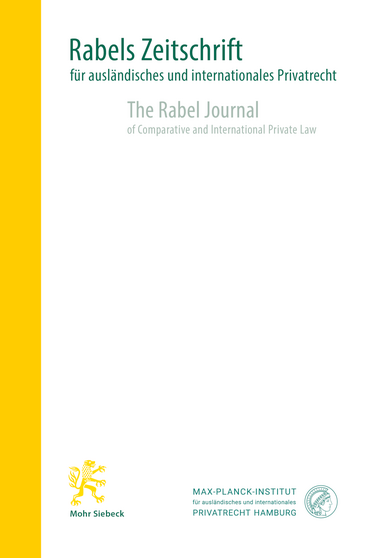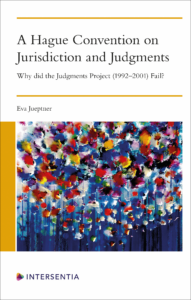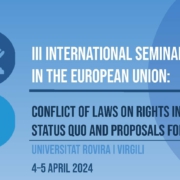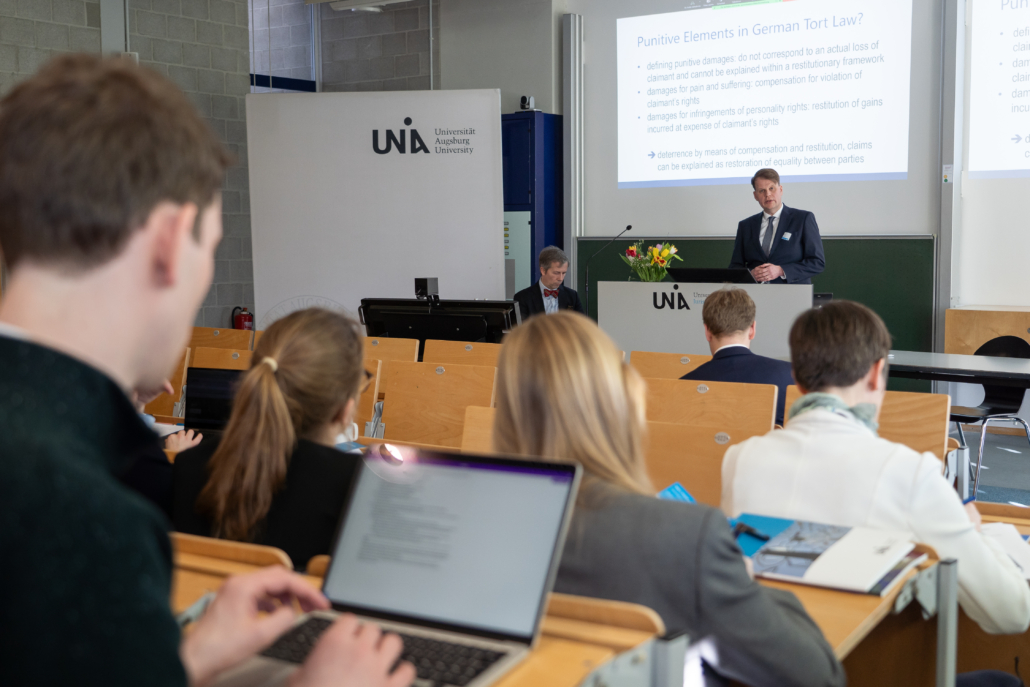Conventions & Instruments
On 14 March 2024, Angola deposited its instrument of accession to the 1993 Adoption Convention. With the accession of Angola, the 1993 Adoption Convention now has 106 Contracting Parties. More information is available here.
On 14 March 2024, Moldova deposited its instrument of accession to the 2005 Choice of Court Convention. With the accession of Moldova, 33 States and the European Union are bound by the 2005 Choice of Court Convention. More information is available here.
On 21 March 2024, El Salvador deposited its instrument of accession to the 1965 Service Convention and the Dominican Republic deposited its instruments of accession to the 1965 Service Convention and the 2007 Child Support Convention. More information is available here.
Meetings & Events
From 5 to 8 March 2024, the Council on General Affairs and Policy (CGAP) of the HCCH met in The Hague, with over 429 participants joining both in person and online. HCCH Members reviewed progress made to date and agreed on the work programme for the year ahead in terms of normative, non-normative and governance work. More information is available here.
On 22 March 2024, the Permanent Bureau hosted the webinar “HCCH 2005 Choice of Court Convention: Fostering Access to Justice for Cross-Border Commerce in the Asia Pacific Region”.
Publications
On 8 March 2023, the Permanent Bureau announced the publication of the HCCH 2023 Annual Report. More information is available here.
These monthly updates are published by the Permanent Bureau of the Hague Conference on Private International Law (HCCH), providing an overview of the latest developments. More information and materials are available on the HCCH website.
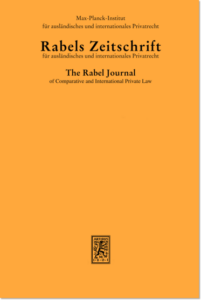 The latest issue of RabelsZ has just been released. In addition to the following articles it contains fantastic news (mentioned in an earlier post today): Starting with this issue RabelsZ will be available open access! Enjoy reading:
The latest issue of RabelsZ has just been released. In addition to the following articles it contains fantastic news (mentioned in an earlier post today): Starting with this issue RabelsZ will be available open access! Enjoy reading:
